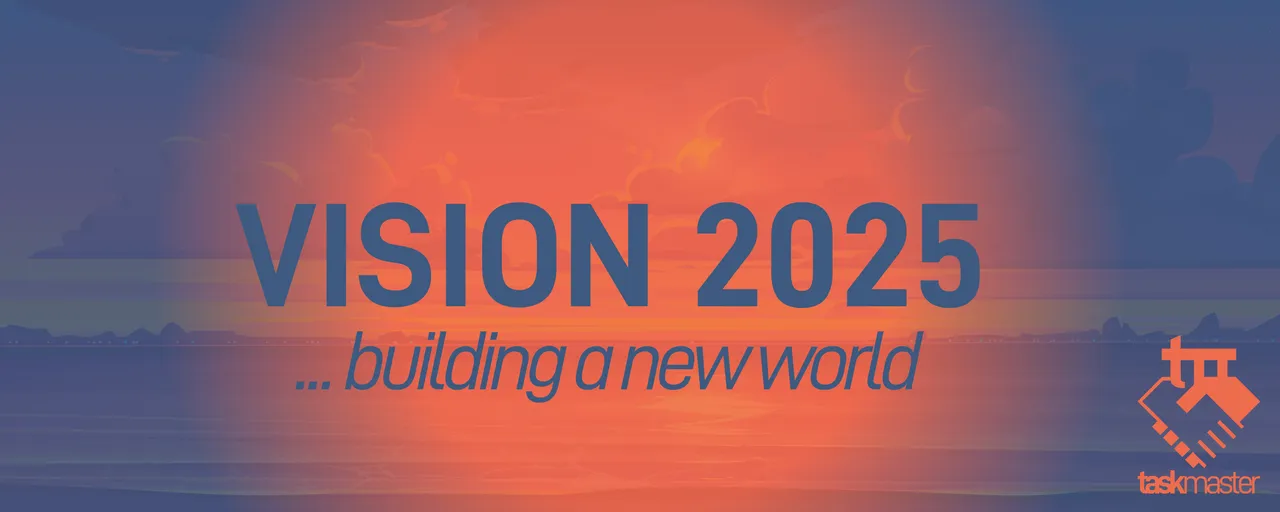The addition of communities to Leofinance changed everything.
Leofinance is now open up to general use case. No longer is it simply a platform for finance, cryptocurrency, and business. Through communities, anything topic is open and one can post through Leofinance. At the same time, communities have their own individual threads within them.
It will take a while for this to be driven home to people. However, we can start the process through something that could really aid this entire ecosystem: databases.
We have discussed LeoGlossary at length. Due to the changes, this can take on entirely new meanings.
Now we have the ability to build a decentralized Wikipedia on Leo under the LeoGlossary umbrella. No longer is it just relegated to the topics mentioned above.
How This Can Be Built
In the LeoGlossary tutorial, I spelled out the basics of the glossary and how the URLs are laid out. This is something that can be replicated.
So how do we build Wikipedia?
The answer is simple: set up a community for whatever topic is of interest. For this example, we will use Geography.
We can start the process by setting up an account related to this, say d-geography. Out of this account, a community is started (we will say of the same name).
All pages are built through this account.
Our starting point might be London. Hence, we title the page "LeoGlossary: London". A page is built detailing all that is applicable to London.
The key is that we are building this through communities using the LeoFinance website. Now we have the "geography glossary" being built. Of course, it can be tied into the main menu for LeoGlossary. As this expands, we can keep it growing.
Another important component is the linking. Not only does this allow for links to articles, but it can apply to all other pages built within LeoGlossary. If more is created, we will have cross pollination.
For example, if this glossary has a page for New York City, that would be used on the Wall Street page.
The goal is to keep finding some pages that rank, helping the entire platform along.
Ad Revenue
Consider the idea of a "Wikipedia on the blockchain". This is now something that makes more sense than it did before.
The reason for this is ad revenue.
We now have the incentive to have pages that excel at amassing lifetime pageviews. LeoGlossary has this potential.
Consider the idea of these pages getting thousands of pages per year. Over time, the revenue generated will add up.
People long discussed the wiki idea on blockchain. Before this, we really did not have the incentive to approach this task. With the ad revenue, it now exists.
The account doing the posting will get the revenue. That is why having the d-geography account. Any revenue that is distributed for those pageviews will go there. This can be used to reward those who are involved in the project whether it is an individual or a group. It all depends upon how those participating what to set it up.
How much potential is there?
According to Similarweb, here is what the numbers look like for Wikipedia:

This might be the granddaddy of them all but it does show how much traffic is out there. We are looking at 4.4 billion visits per month with an average of 3 pages per. This is over 13 billion pageviews per month.
How many are necessary for Leo Ad revenue to skyrocket? What is this could bring in a few million pageviews each month? One top of everything else, this would serve as a foundation to grow from.
Ultimately, there are hundreds (if not thousands) of topics that can be focused upon. Some of the more niche areas could rank better simply because of less competition.
Ideally, the goal is to play Leo as a resource for people to use. That is what brings people back over time. Pageviews are a result of people having a reason to show up each day. Social media certainly fills this void. Focusing upon building decentralized databases on Leo could assist in this effort.
Anyone can do this. Simply choose a topic of interest, one that you have knowledge about, and get started.
Collectively, getting 20K or 25K pages would go a long way to establishing a baseline to work from.

logo by @st8z